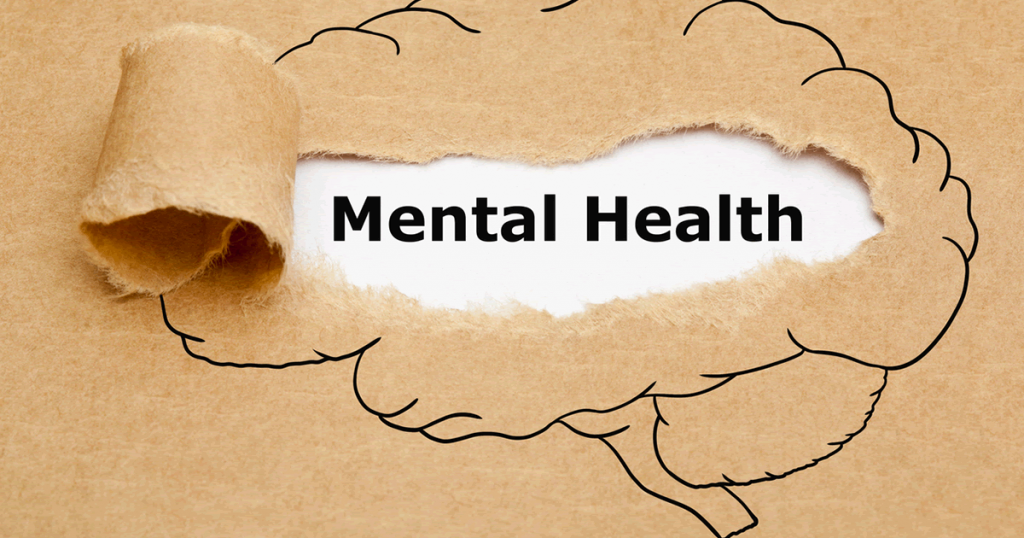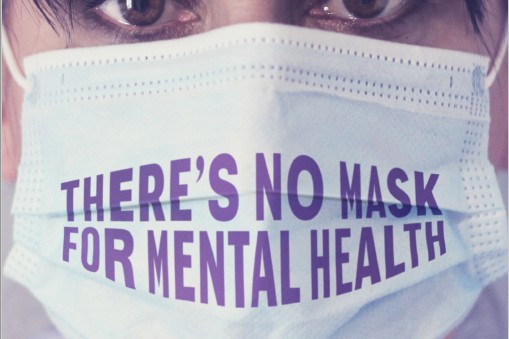What is Stigma?
Stigma is when someone views you in a negative way because you have a distinguishing characteristic or personal trait that’s thought to be, or actually is, a disadvantage (a negative stereotype). Unfortunately, negative attitudes and beliefs toward people who have a mental health condition are common.
Stigma can lead to discrimination. Discrimination may be obvious and direct, such as someone making a negative remark about your mental illness or your treatment. Or it may be unintentional or subtle, such as someone avoiding you because the person assumes you could be unstable, violent or dangerous due to your mental illness. You may even judge yourself.
Harmful Effects of Stigma
Stigma is a major barrier when it comes to preventing mentally ill individuals from getting the help and treatments that they need.
- Reluctance to seek help or treatment.
- Lack of understanding by family, friends, co-workers or others.
- Fewer opportunities for work, school or social activities or trouble finding housing.
- Bullying, physical violence or harassment.
- Health insurance that doesn’t adequately cover your mental illness treatment.
- The belief that you’ll never succeed at certain challenges or that you can’t improve your situation.
Breaking the Stigma
Child attitudes about different ethnic groups, political views, and religious views are shaped by parent-driven “socialization” processes. Children tend to connect labels that are verbalized by their parents with associated emotions, and they connect their emotions to different individuals and groups. To destigmatize mental health, it is important as healthcare providers that we provide educational and factual information about mental illness that people suffer from. For the United States to put an end to this, we need to make sure that we instill accurate knowledge in children, so they won’t be prejudice towards their peers with mental health issues.
How to Cope with Mental Health Stigma
- Get treatment. You may be reluctant to admit you need treatment. Don’t let the fear of being labeled with a mental illness prevent you from seeking help. Treatment can provide relief by identifying what’s wrong and reducing symptoms that interfere with your work and personal life.
- Don’t let stigma create self-doubt and shame. Stigma doesn’t just come from others. You may mistakenly believe that your condition is a sign of personal weakness or that you should be able to control it without help. Seeking counseling, educating yourself about your condition and connecting with others who have mental illness can help you gain self-esteem and overcome destructive self-judgment.
- Don’t isolate yourself. If you have a mental illness, you may be reluctant to tell anyone about it. Your family, friends, clergy or members of your community can offer you support if they know about your mental illness. Reach out to people you trust for the compassion, support and understanding you need.
- Don’t equate yourself with your illness. You are not an illness. So instead of saying “I’m bipolar,” say “I have bipolar disorder.” Instead of calling yourself “a schizophrenic,” say “I have schizophrenia.”
- Join a support group. Some local and national groups, such as the National Alliance on Mental Illness (NAMI), offer local programs and internet resources that help reduce stigma by educating people who have mental illness, their families and the general public. Some state and federal agencies and programs, such as those that focus on vocational rehabilitation and the Department of Veterans Affairs (VA), offer support for people with mental illness.
- Speak out against stigma. Consider expressing your opinions at events, in letters to the editor or on the internet. It can help instill courage in others facing similar challenges and educate the public about mental illness.
References
The Children’s Hospital. (2017). Break the Stigma. YouTube. https://www.youtube.com/watch?v=49mfPFTZsHs.
Dr. Mike . (2018). Mental Health In The Media: Good Intentions, Bad Outcomes? . YouTube. https://www.youtube.com/watch?v=LX6bDjvD_PQ.
Fernandes Querido, A. I., Cardoso Tomas, C., Simons de Carvalho , D. R., Ferreira Gomes, J. M., & Silva Cordeiro, M. S. (2020). Impact of an intervention on stigma in mental health and intergroup anxiety. Acta Paul Enferm., 33(3), 1–9. https://doi.org/https://doi.org/10.37689/actaape/2020AO0226
Illingworth, P. (2021). How do we engage global communities in the de-stigmatisation of mental illness? British Journal of Nursing, 30(3), 184–187. https://doi.org/10.12968/bjon.2021.30.3.184
Krendl, A. C., & Freeman, J. B. (2019). Are mental illnesses stigmatized for the same reasons? Identifying the stigma-related beliefs underlying common mental illnesses. Journal of Mental Health, 28(3), 267–275. https://doi.org/10.1080/09638237.2017.1385734
Mental Health Collaborative, Inc. (2021). The Stigma of Mental Illness. YouTube . https://www.youtube.com/watch?v=jmOS_uxFBQI&t=93s.
Mueller, J., Callanan, M. M., & Greenwood, K. (2016). Communications to children about mental illness and their role in stigma development: An integrative review. Journal of Mental Health, 25(1), 62–70. https://doi.org/10.3109/09638237.2015.1021899



I liked the first video in this blog. The reason why I like it is that it compared cancer to mental health. It is trying what the video states when people have cancer we say how they’re a fighter and we feel bad for the person. Where If someone has mental health issues e often think that the person is crazy and they’re weak. Mental health is overlooked in the medical field it takes years for someone to be diagnosed and treated properly. The stigma for mental health is negative but in reality, it should not be looked at like that. Children hear their parents speak about mental health and the negative comments, in which they will think negatively about mental health as well. An individual with mental health issues should be seen by a doctor and try to get all the help that they can get. Don’t let stigma stop you from getting help from a doctor or treatment. Speak up, someone else can go through the same thing.